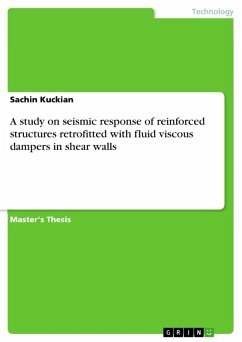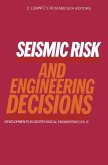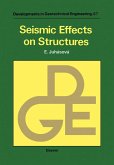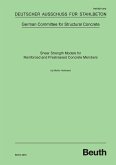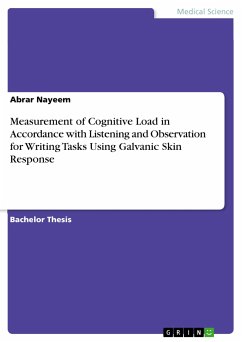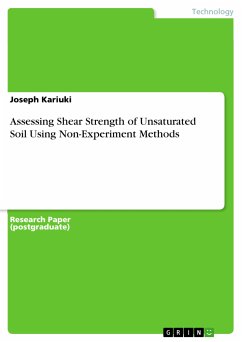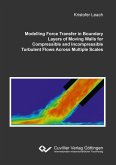Master's Thesis from the year 2015 in the subject Engineering - Geotechnology, grade: 9.44, , course: Masters (Structural Engineering), language: English, abstract: The present study investigates the seismic behavior of multi-story building using damping devices strategically located within the lateral load resisting elements. It concentrates on a retrofitting strategy with passive energy dissipation device known as Fluid Viscous Damper (FVD) which will be applicable to new design as well as retrofitting existing buildings to ensure seismic safety by fitting damping devices which can transform a wall panel into a damping element. The first study involves analysis of a nine-story model having cut-outs and the use of the dampers of different configuration in these structures. The second study involves the use the diagonal brace configuration dampers provided in the cutout sections of 2D 9, 18, 27 storey structures and 3D 27 storey with core wall structure at three consecutive story levels each. For the second study, the cut out locations is varied depending on their relative positions. The relative position is the ratio of the total height of the structure to the upper edge of the topmost cut-out. These structures were initially modeled and time history analysis was performed on the structure without FVD and the structure retrofitted with FVD. Three different ground motions were used for the analysis. Results of the un- retrofitted structures are then compared with a retrofitted structure in terms of peak story displacements, roof accelerations, and pseudo-spectral accelerations. Study shows that there has been a significant reduction in seismic demands for a structure retrofitted with FVD in terms of peak storey displacements, pseudo-spectral accelerations and roof accelerations when the dampers are placed at lower three cut outs i.e. with high relative position. It is also observed that damping coefficient value obtained is least for upper toggle-brace configuration out of the four different damper configurations and with maximum reduction compared to other configurations. For modeling and analysis purpose the software SAP2000® is used. Through the study it could be concluded that FVD significantly reduces the seismic demands of the structure in terms of peak storey displacements, pseudo-spectral accelerations and roof accelerations. This suggests that FVDs can be efficiently used in retrofitting. Also damping coefficient value obtained is least for upper toggle-brace configuration out of the four different damper configurations suggesting this is the most efficient configuration for retrofitting.
Dieser Download kann aus rechtlichen Gründen nur mit Rechnungsadresse in A, B, BG, CY, CZ, D, DK, EW, E, FIN, F, GR, HR, H, IRL, I, LT, L, LR, M, NL, PL, P, R, S, SLO, SK ausgeliefert werden.

